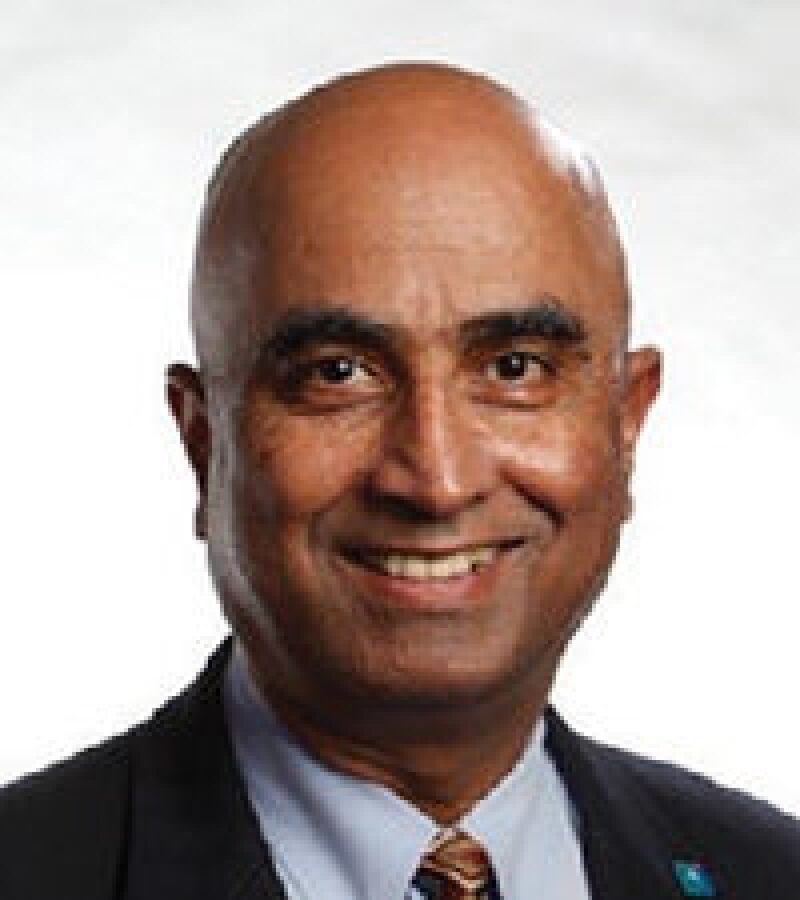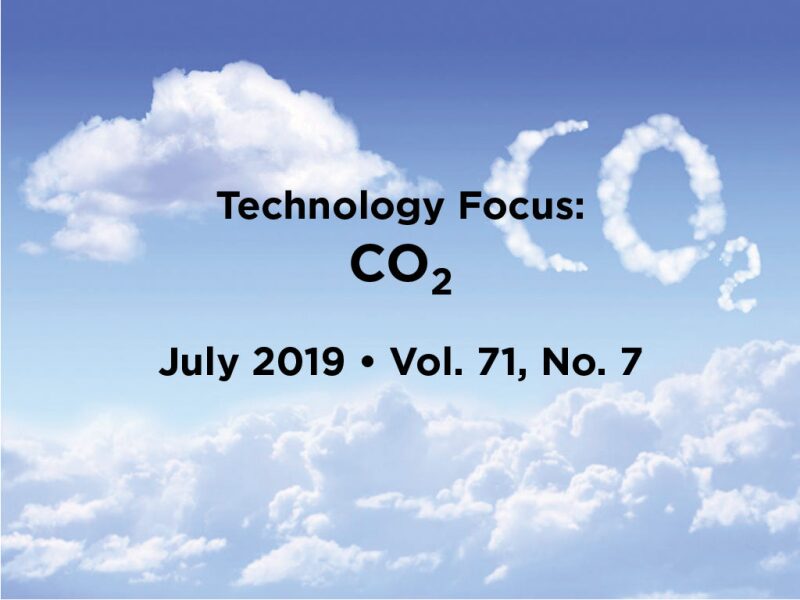In my last two Technology Focus columns, I discussed CO2-enhanced oil recovery (EOR) and the challenges it faces in conventional oil reservoirs. In this entry, my focus is on its applications in unconventional reservoirs.
Oil and gas production from unconventional resources has changed the dynamics of the world oil supply, particularly in the US. This has changed the US from a declining oil producer to one of the highest oil producers in the world. Oil production from unconventional reservoirs is still a challenge and depends on a number of factors, including brute force, for drilling and hydraulic fracturing. Production from these reservoirs declines rapidly, and more wells have to be drilled to keep production at reasonable levels. Recovery, by some estimates, can be less (sometimes much less) than 10%. Currently, the number of wells drilled in unconventional reservoirs exceeds 100,000, and many are producing just a trickle of hydrocarbons.
In recent years, some effort has been made to use EOR techniques, particularly CO2 injection, to extract additional oil and gas from unconventional resources. This is by no means a trivial feat. It has the potential to change the dynamics (again) of oil production from these tight and difficult reservoirs.
Considerable research and laboratory studies have been conducted addressing the use and potential of CO2 in extracting hydrocarbons from unconventional reservoirs. Estimates of oil recovery range from an additional 10% up to more than 50%. Very few field trials have been conducted, but the use of CO2 in these reservoirs is promising.
The recommended papers that follow present examples of laboratory studies, taking the results to the field, and mechanistic studies that elucidate some of the factors to consider and the pros and cons of CO2-EOR in unconventionals. They are meant to be a starting point for better understanding and further research. What the industry needs at this stage is more-daring EOR field trials reminiscent of the risks taken by the pioneers of unconventional resources at the beginning of this century.
This Month's Technical Papers
Laboratory Investigation Targets EOR Techniques for Organic-Rich Shales
Gas Injection Evaluated for EOR in Organic-Rich Shale
The Feasibility of CO2 Injection for IOR in Shale Reservoirs
Recommended Additional Reading
SPE 191780 Enhanced Oil Recovery in Eagle Ford: Opportunities Using Huff ’n’ Puff Technique in Unconventional Reservoirs by Piyush Pankaj, Schlumberger, et al.
OTC 28973 Recent Advances in Enhanced-Oil-Recovery Technologies for Unconventional Oil Reservoirs by S. Balasubramanian, University of Houston, et al.
SPE 192734 Miscibility Effects on Performance of Cyclic CO2 Injection in Hysteretic Tight Oil Reservoirs by Yasaman Assef, University of Calgary, et al.

| Sunil Kokal, SPE, is a principal professional and a focus area champion of EOR in the Reservoir Engineering Technology team of the EXPEC/Advanced Research Center at Saudi Aramco in Dhahran, Saudi Arabia. During the past 30 years, he has been involved in applied-research projects on EOR, reservoir fluids, hydrocarbon phase behavior, crude-oil emulsions, and production-related challenges. Currently, Kokal is leading a group of scientists, engineers, and technicians to develop a program for CO2 EOR and conduct appropriate studies and field demonstration projects. He has written more than 150 technical papers and has authored two chapters for the SPE Petroleum Engineering Handbook. Kokal has served as associate editor for the Journal of Petroleum Science and Engineering and for the SPE Reservoir Evaluation and Engineering journal. He is an Honorary Member of SPE and the recipient of the 2018 IOR Pioneer award, the 2012 SPE DeGolyer Distinguished Service Medal, the 2011 SPE Distinguished Service Award, and the 2010 SPE Regional Technical Award for Reservoir Description and Dynamics. Kokal also served as an SPE Distinguished Lecturer during 2007–08. He holds a PhD degree in chemical engineering from the University of Calgary and a BS degree in chemical engineering from the Indian Institute of Technology, New Delhi. Kokal is a member of the JPT Editorial Committee and can be reached at sunil.kokal@aramco.com. |


